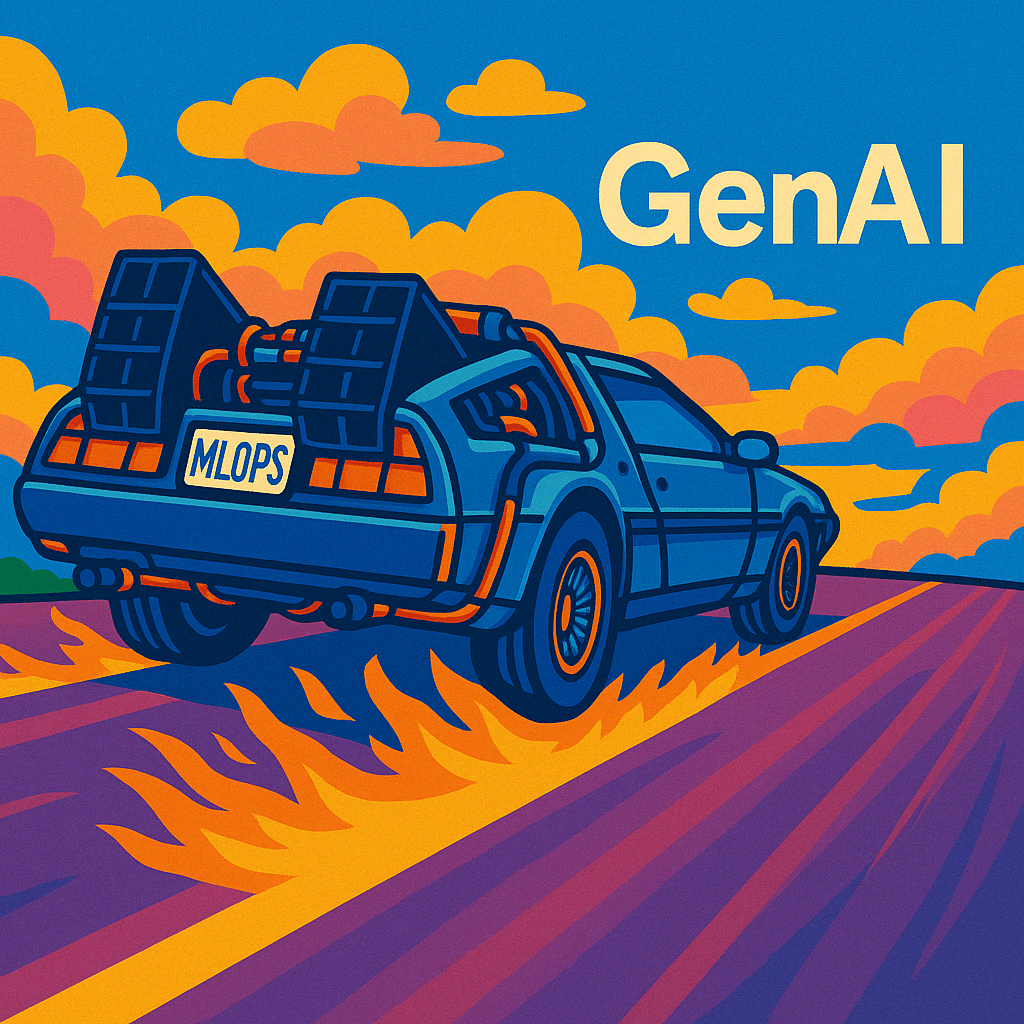Bits & Bytes
Microsoft open sources Bing vector search.
- The company published its vector search toolkit, Space Partition Tree and Graph (SPTAG) [Github], which provides tools for building, searching and serving large scale vector indexes.
Intel makes progress toward optical neural networks.
- A new article on the Intel AI blog (which opens with a reference to TWIML Talk #267 guest Max Welling’s 2018 ICML keynote) describes research by Intel and UC Berkeley into new nanophotonic neural network architectures. A fault tolerant architecture is presented, which sacrifices accuracy to achieve greater robustness to manufacturing imprecision.
Microsoft research demonstrates realistic speech with little labeled training data.
- Researchers have crafted an “almost unsupervised” text-to-speech model that can generate realistic speech using just 200 transcribed voice samples (about 20 minutes’ worth), together with additional unpaired speech and text data.
Google deep learning model demonstrates promising results in detecting lung cancer.
- The system demonstrated the ability to detect lung cancer from low-dose chest computed tomography imagery, outperforming a panel of radiologists. Researchers trained the system on more than 42,000 CT scans. The resulting algorithms turned up 11% fewer false positives and 5% fewer false negatives than their human counterparts.
Facebook open-sources Pythia for multimodal vision and language research.
- Pythia [Github] [arXiv] is a deep learning framework for vision and language multimodal research framework that helps researchers build, reproduce, and benchmark models. Pythia is built on PyTorch and designed for Visual Question Answering (VQA) research, and includes support for multitask learning and distributed training.
Facebook unveils what secretive robotics division is working on.
- The company outlined some of the focus areas for its robotics research team, which include teaching robots to learn how to walk on their own, using curiosity to learn more effectively, and learning through tactile sensing.
Dollars & Sense
-
Algorithmia raises $25M Series B for its AI platform
-
Icometrix, a provider of brain imaging AI solutions, has raised $18M
-
Quadric, a startup developing a custom-designed chip and software suite for autonomous systems, has raised $15M in a funding
-
Novi Labs, a developer of AI-driven unconventional well planning software, has raised $7M





